These days traveling is almost for everyone. There is something for every budget. Although the smaller the budget the more effort and research it costs. After more than 2 years on the road I got pretty good in finding ways to save and I would love to share it with you guys.
Accommodation
That’s the biggest part of any budget and the most essential part of any journey. Everyone has to sleep somewhere, right?
Airbnb offers the most original and interesting accommodations possible. Sleeping in a castle, trailer, hammock or a tree house. All there, it’s just a matter of money. It’s not a cheap option but many times it’s worth the price and there are possibilities to lower the costs. Here is how:
- Booking your first trip you get a discount on your first reservation. You can also use a discount send by a friend or partner. Inviting a next person into the Airbnb world get you a discount when that person books her/his first stay.
- Weekly/monthly discounts. Many places offer a special price for longer stays. Some for a week, some for a month. It can be 10% or even 50%. It all depends on the owner. Some places do not even except stays shorter than a certain amount of days. We saw a place in Kyoto that didn’t accept any reservation under 22 days. We managed to get an apartment on Taiwan with a discount of 45% above 28 days stay. If you want to stay longer it’s worth searching for offers like that.
- Special offer. The host can send you a special offer. We had few situations when we asked about a room and the host just send us a discount to push us to book. Or when he committed a mistake with our booking and had to switch rooms for us. Other times we saw that some spots had discounts for low season. When we started using airbnb we didn't know that the price can be negotiable, now we know that in some situations we can just ask. We got 10 % off in Malaysia just like that.
Booking.com, hostelworld and knocking at the door
Many of you ask if it’s better to book or just show up. There is no simple answer to that. What we usually do is checking few spots we like and compare the prices on booking, hostel world or any other of those pages. Then we check if the hostel has its own web page with better deals. Since hostels need to pay to booking they sometimes offer better prices at their own web page for people to book directly with them. If not it's worth sending an email and asking for a nice deal especially if you want to stay for a couple of nights. Usually staying longer than 3 nights is good enough to bargain. If it’s dead season, you’re aiming for, you can just pop by at the spot and ask. That’s the best option to get the best offer since if you’re not taking the room, there is a big chance no one else will…
If you're really on a tight budget some hostels allow camping or hanging your own hammock (especially popular in Colombia).
Although we don’t really like that method, you can also consider staying for free with a local via Couch surfing. Make sure you choose your host carefully. Some stories about CS are quite epic and include harassment or stealing. We saw pretty many listings where guys were only offering a place to sleep for ladies and only in their own bed. Often CS offers not much flexibility, you can stay when the host is there but when she/he goes to work you have to go out as well. You are also expected to be rather social so if you don’t click it’s a bit of a miss to begin with. That I’m not gonna mention that both sides can cancel the agreement any time which can leave you on the street…
House sitting
The idea behind house sitting is taking care of someone else's house while they are away on vacation. It usually involves taking care of animals as well as just being present at the house. We never tried that option during our journey simply because the countries we traveled to didn't have enough options to make sure that we at least got our fee and hassle back (some web pages require recommendation letters and other paper work). But if you're going to Europe, Australia, Canada or the US it's definitely worth trying. I have done it once in Amsterdam for a friend of a friend and I really liked it. You live like a local and stay in a local neighborhood and you also get a companion, dog or a cat or various 
Transport
Another big part of any budget is transport. Often it can be the most expensive part of the trip. Flying to Colombia can cost way more than staying there for 2 weeks, especially on a low budget.
Flying is the most expensive mean of transportation and whenever we have to book a flight we make sure we book the best possible option. I always stay alert on deals from Secret flying, fly4free and many polish sites like Mleczne Podroze. From fly4free we got, for example, our flight Paris- Buenos Aires for 380 euros each.
Because I'm still a bit of a planning freak I also check skyscanner, kayak and momondo frequently. We also signed up for many airlines newsletters.
For others transportation we ask locals around about deals for buses or in some countries we bargain. In most Latin American countries that’s what you absolutely need to do. Leave your shame behind and do your best, otherwise you’re gonna get a true “gringo” price (gringo- white foreigner, in some countries the word is used for the white visitors from the US).
Food
The best way to save money on food is to cook as often as possible. To do that we always tried to get a place with a kitchen. We also always tried to use local ingredients rather than the ones we knew and loved from back home. Humble mozarella can be cheap in Europe but in Colombia the price can leave you speechless. So forget what you know and sail away in the supermarket. Reading some food blogs beforehand is not a bad idea. Otherwise you really don't know what you buy and how to prepare it.
Second best is eating locally, in the most crowded places. Giant queues give you a better chance for good food and a reasonable price.
Others
Great way of saving money as well as getting to know the country from the inside is volunteering. You can do that via web pages like workaway (for hostels, farm work, English teacher and pretty much anything), WWOOFing (farm work) or just ask around once there. More about volunteering read our post here.
If you have certain skills you can also exchange them for accommodation, food or excursion. Let’s say you speak Spanish and English, you can translate on a hike and go for free or even get paid. That's what I did on the Ciudad Perdida hike. Same with skills like photography, web design or cooking. Imagination is the limit! The most crucial part is to ask. Those who don’t ask always miss opportunities.

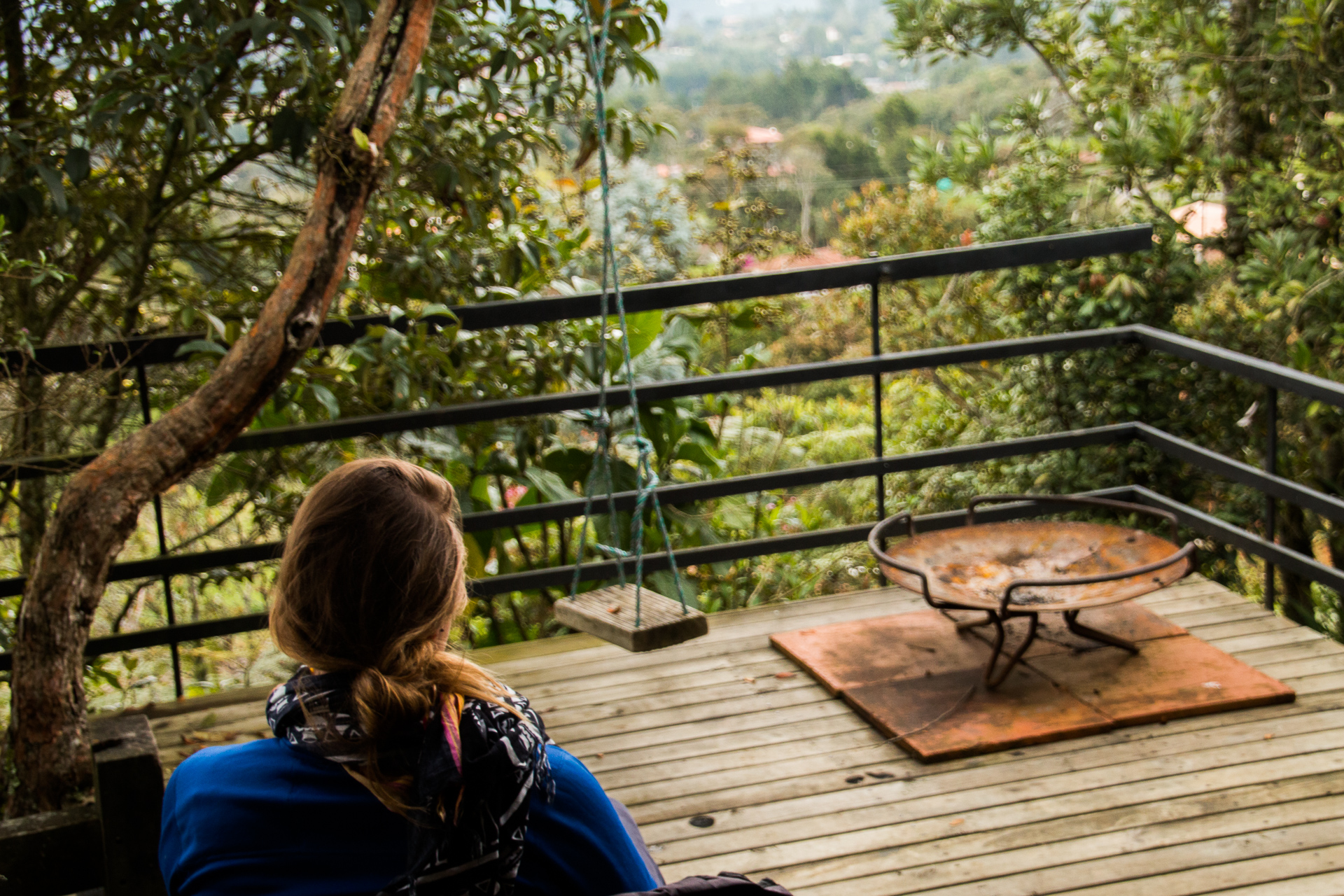
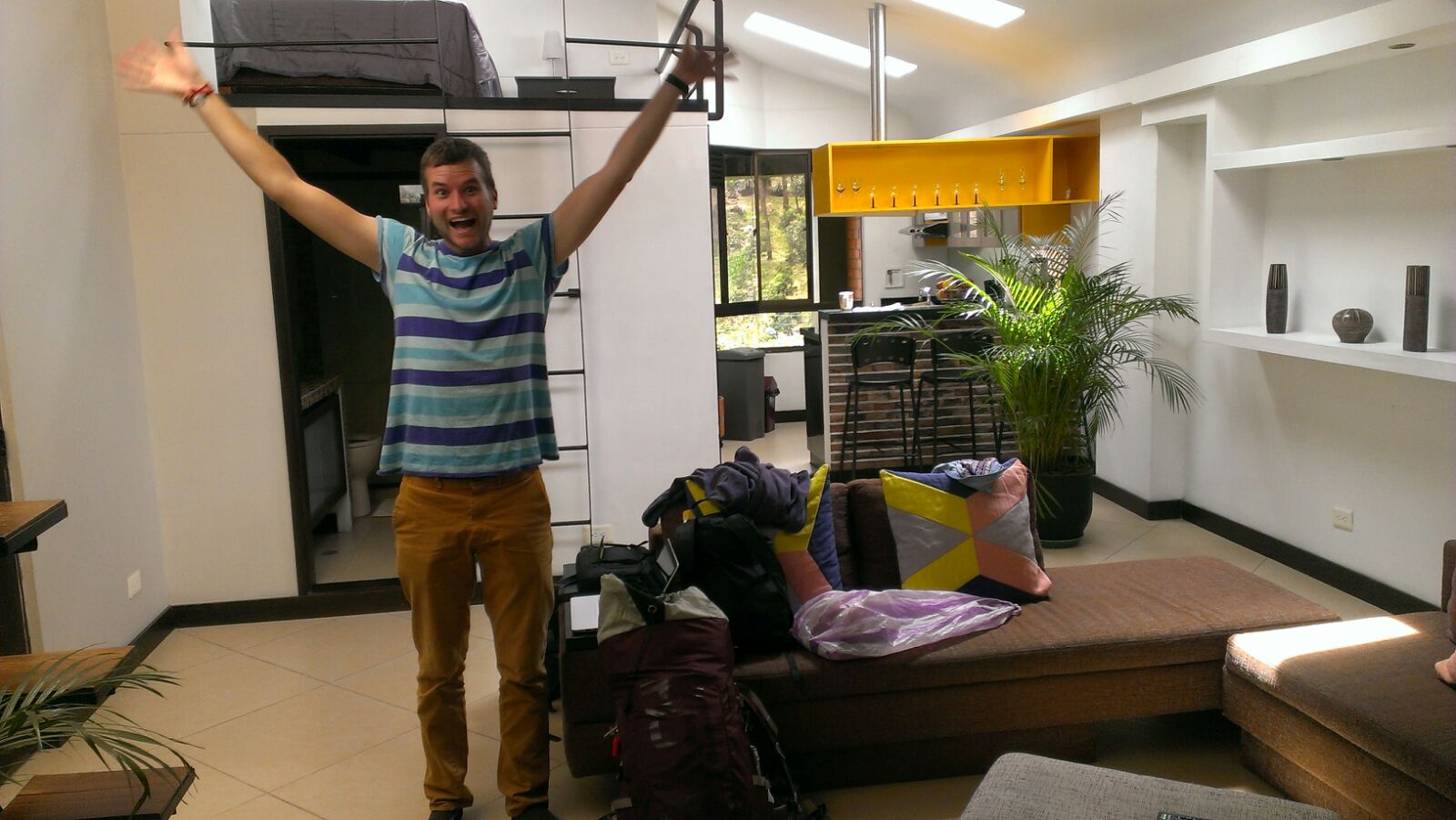
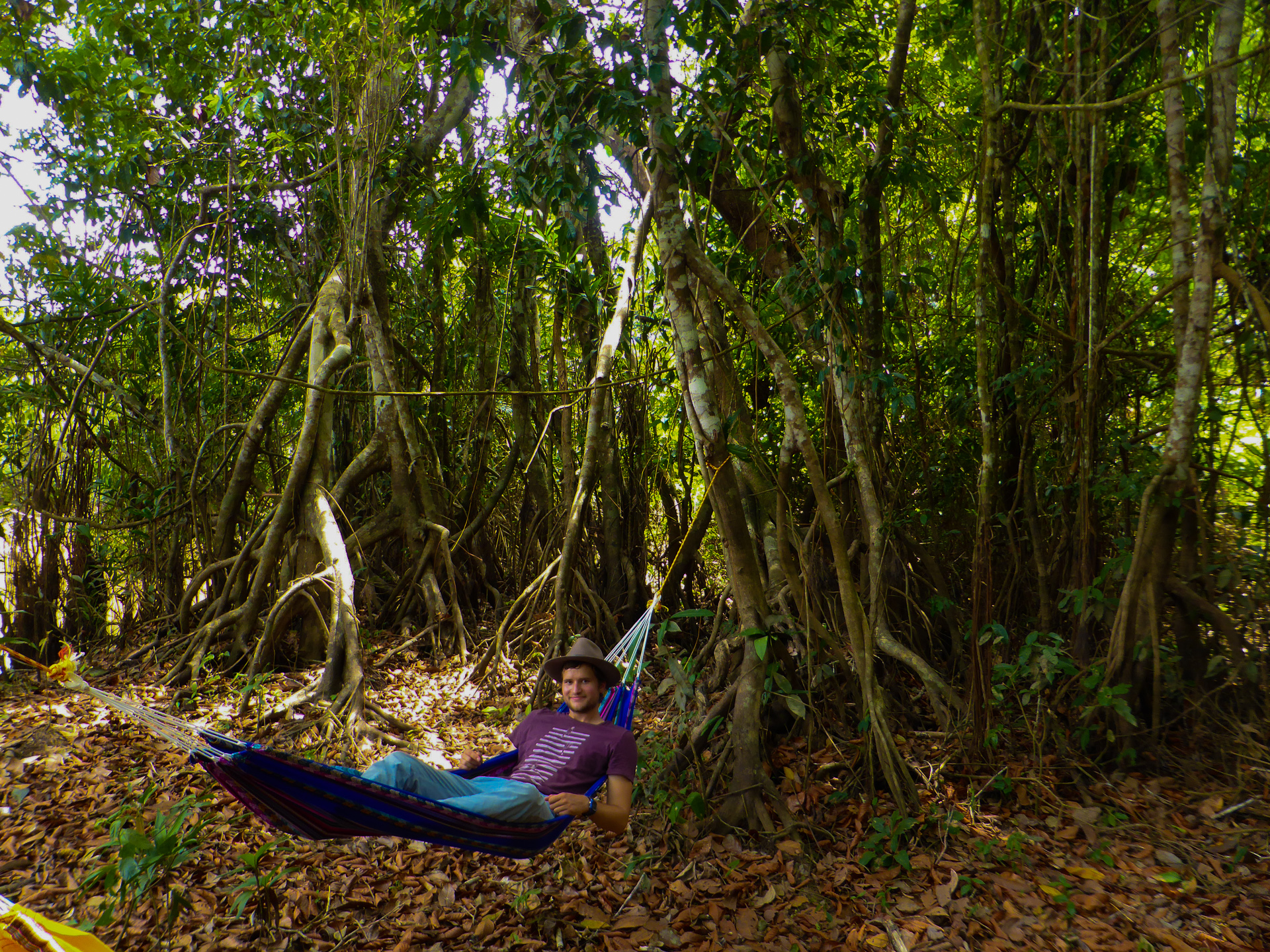
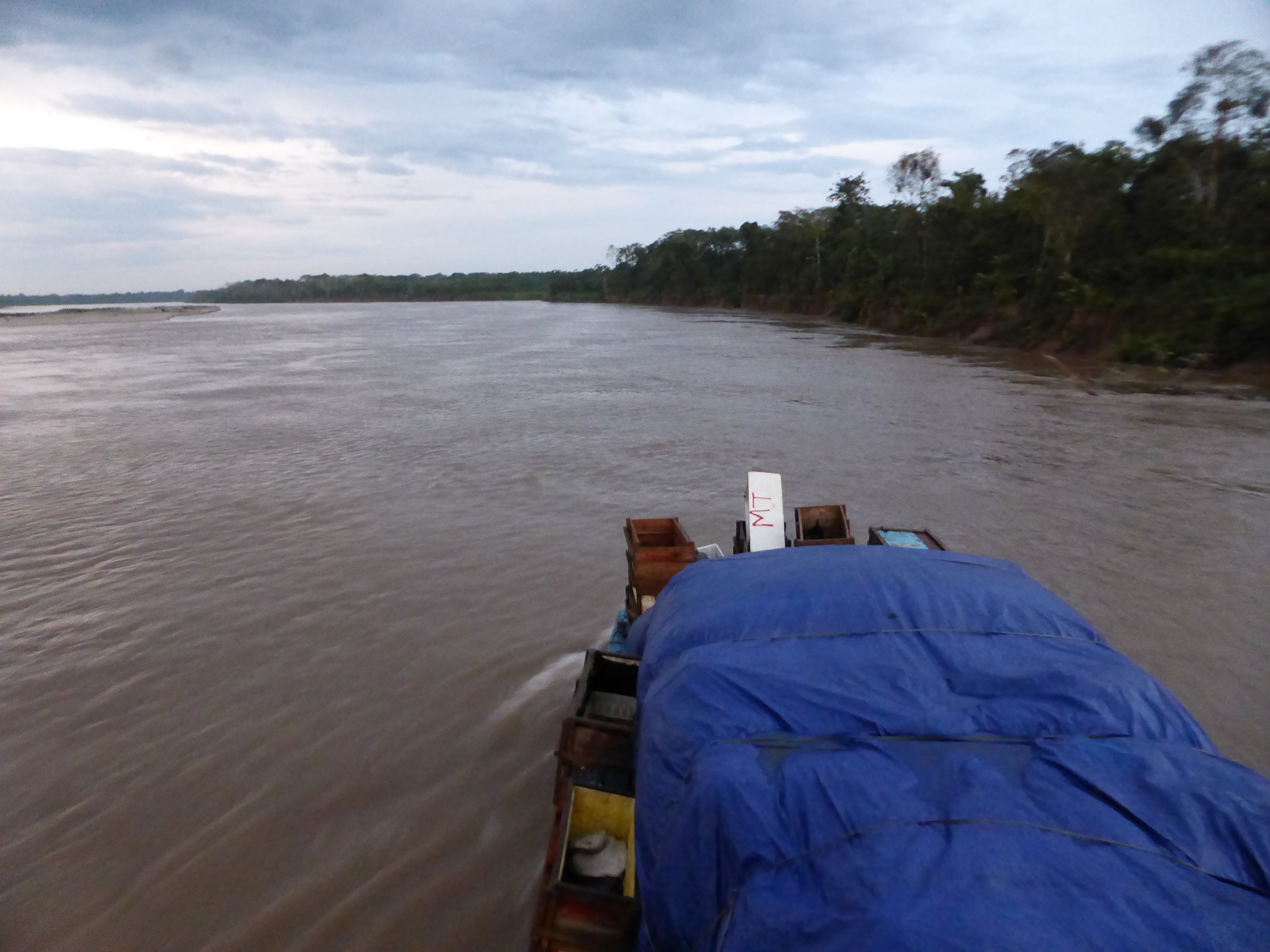
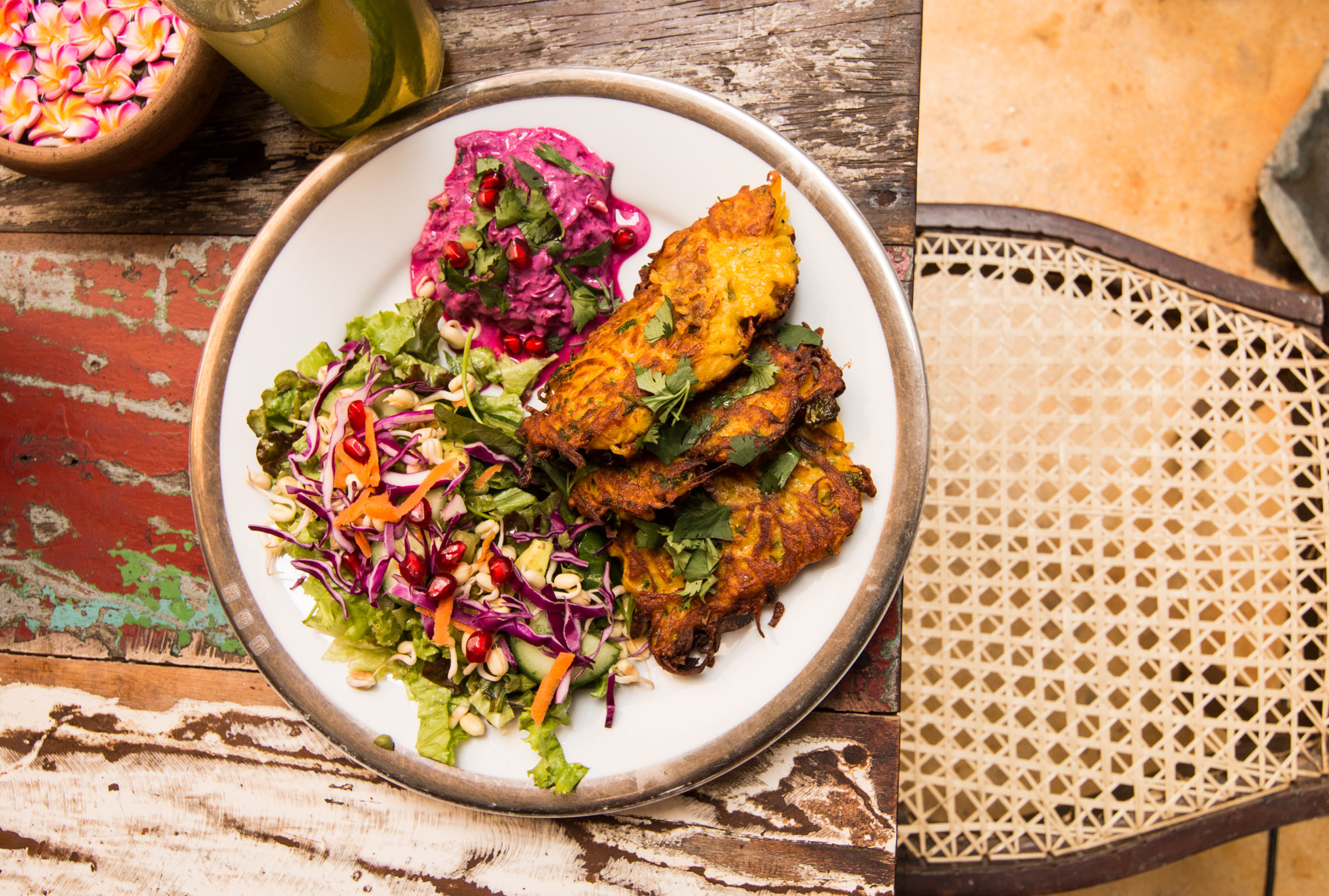
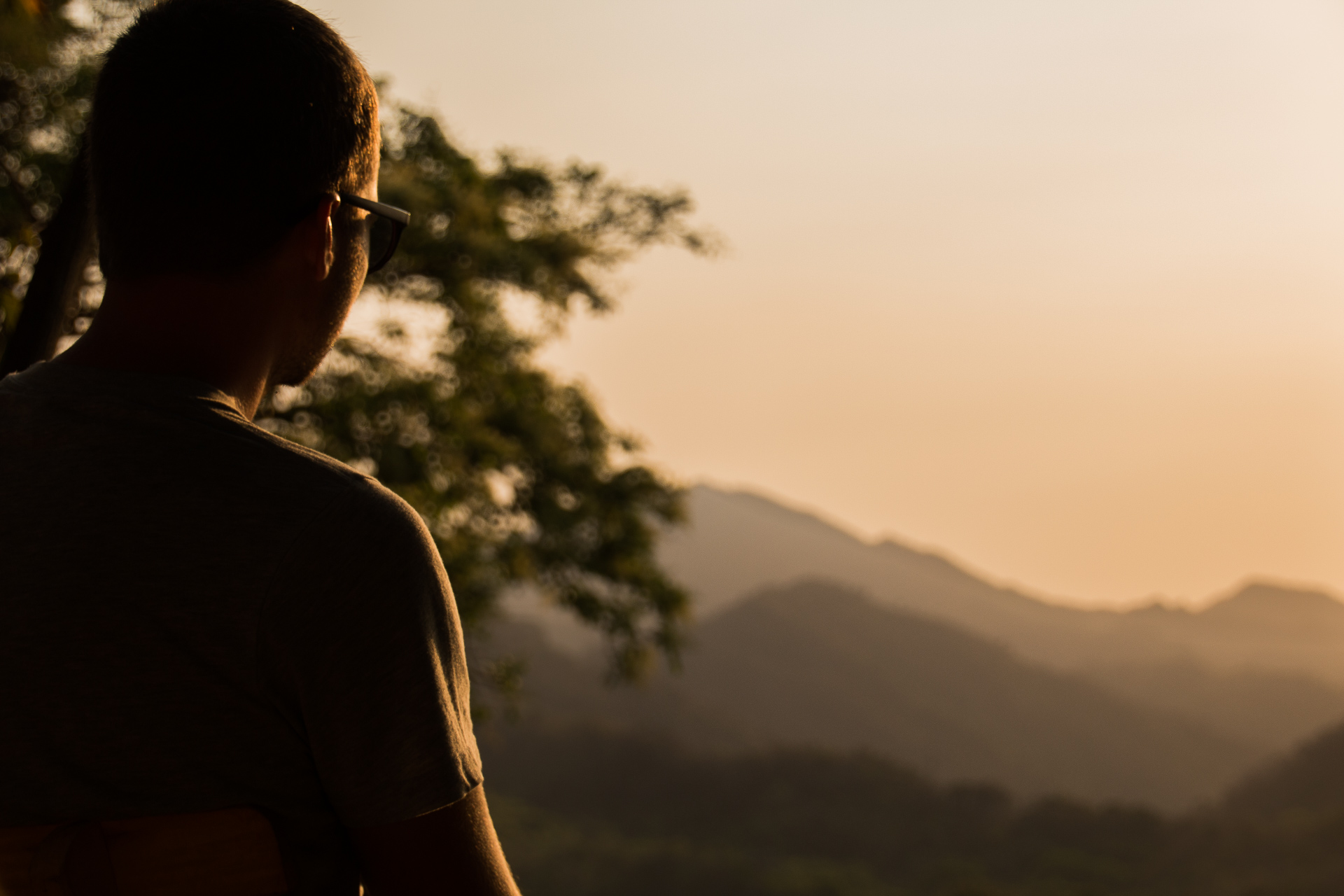
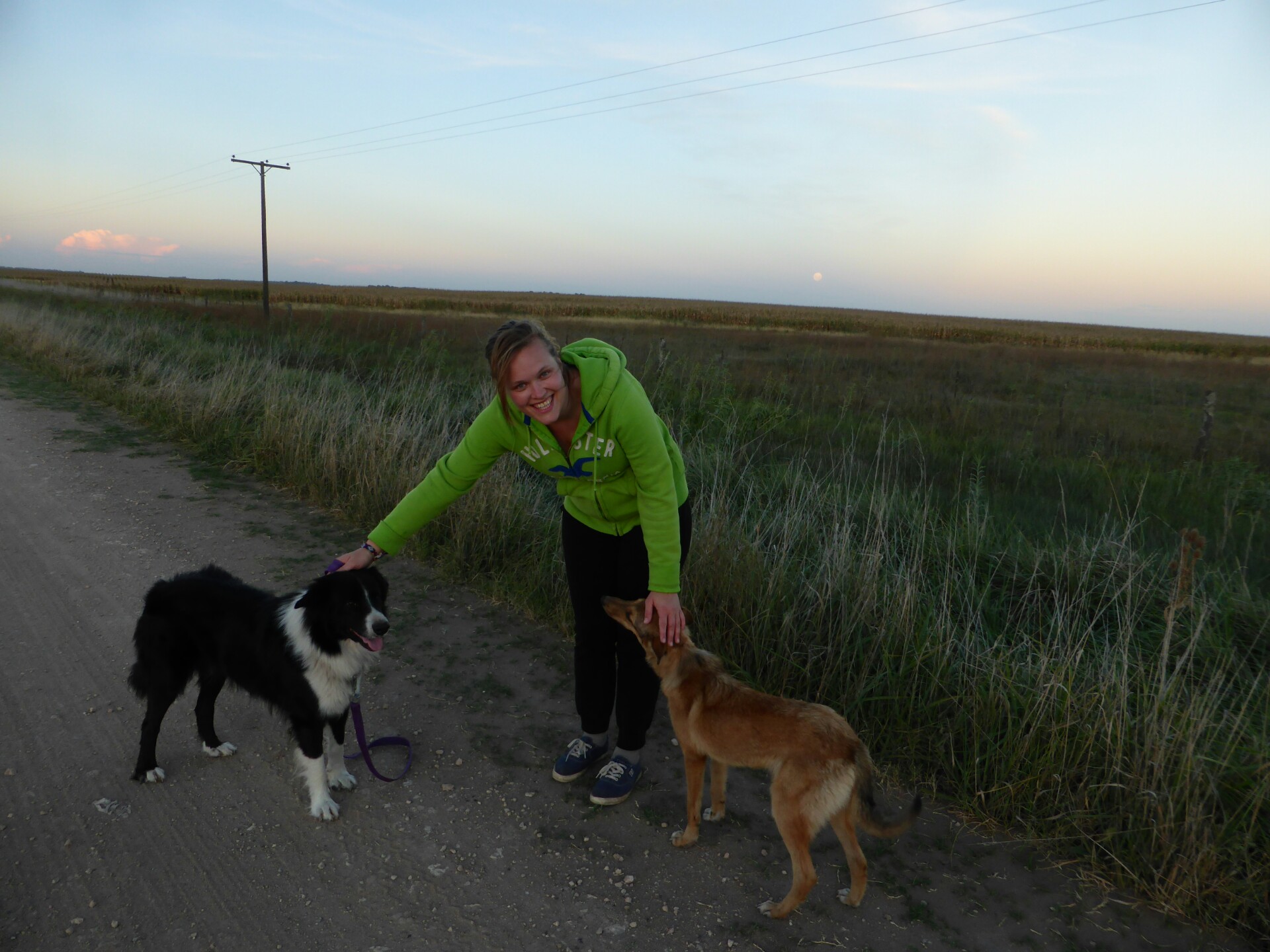

 It’s a big business from both sides so some people don’t even respond or places are booked few weeks in advance. So to be sure you get something you always have to write to a few hosts and always a few weeks before. Don’t forget that some people earn money off the “volunteers” by for example charging a fee. So you have to pay to actually be able to work for free, because you cost money, because they need money for the food and for animals. Sometimes it’s true but many times it’s just a way to earn money off the naïve ones. We realized that when we were going through volunteering options of Volunteer Latin America and some were costing seriously thousands of dollars for a month and unless they are planning to ship you food from home or built a zoo from nothing, it doesn’t cost that much.
It’s a big business from both sides so some people don’t even respond or places are booked few weeks in advance. So to be sure you get something you always have to write to a few hosts and always a few weeks before. Don’t forget that some people earn money off the “volunteers” by for example charging a fee. So you have to pay to actually be able to work for free, because you cost money, because they need money for the food and for animals. Sometimes it’s true but many times it’s just a way to earn money off the naïve ones. We realized that when we were going through volunteering options of Volunteer Latin America and some were costing seriously thousands of dollars for a month and unless they are planning to ship you food from home or built a zoo from nothing, it doesn’t cost that much.